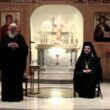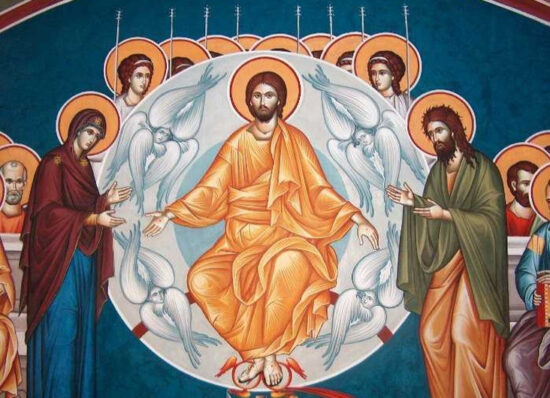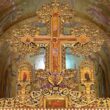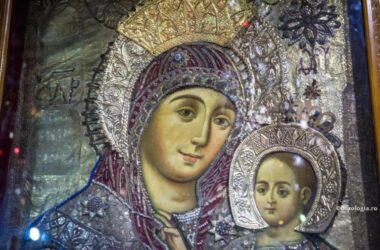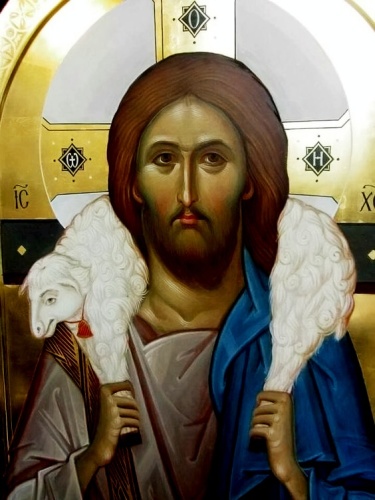The parable of the fruitless fig tree
Repent or Perish
13 Now there were some present at that time who told Jesus about the Galileans whose blood Pilate had mixed with their sacrifices. 2 Jesus answered, “Do you think that these Galileans were worse sinners than all the other Galileans because they suffered this way? 3 I tell you, no! But unless you repent, you too will all perish. 4 Or those eighteen who died when the tower in Siloam fell on them—do you think they were more guilty than all the others living in Jerusalem? 5 I tell you, no! But unless you repent, you too will all perish.”
6 Then he told this parable: “A man had a fig tree growing in his vineyard, and he went to look for fruit on it but did not find any. 7 So he said to the man who took care of the vineyard, ‘For three years now I’ve been coming to look for fruit on this fig tree and haven’t found any. Cut it down! Why should it use up the soil?’
8 “‘Sir,’ the man replied, ‘leave it alone for one more year, and I’ll dig around it and fertilize it. 9 If it bears fruit next year, fine! If not, then cut it down.’”
Why does God postpone punishments?
Saint John Chrysostom, Homilies at Genesis, Homily XXI, V, in Church Fathers and Writers (1987), vol. 21, p. 254
God did not create the mankind on earth to punish it but on the contrary to give it the delight with countless goods. That is why you see Him always postponing the punishments.
Saint John Chrysostom, Homilies at Genesis, Homily XXV, III, in Church Fathers and Writers (1987), vol. 21, pp. 306-307
This is what God always has the habit to do. As He has great care of our salvation He predicts our punishment He wants to bring over us in order not to bring it. If He wanted to bring it He would not tell it to us. But He tells it purposefully so that we may hear about it and being quieted by the fear of His anger to change to accomplish without power His decision.
Saint Gregory of Nyssa, About the life of Moses or about reaching perfection through virtue, in Church Fathers and Writers (1982), vol. 29, p. 86
Thus when although the sin is visible in more the anger of God does not manifest against all only against some, it is due to see in this the reparation of the consequences by His love of men which does not hit all but brings all of them to wisdom by the blows brought over some deflecting all from evil.
Saint Basil the Great, Epistles, Epistle 112, II, in Church Fathers and Writers (2010), vol. 3, p. 196
There is no man who after committing a small or big mistake to escape of punishment!”
Saint Basil the Great, Epistles, Epistle 260, IV, in Church Fathers and Writers (2010), vol. 3, p. 422
The greatest punishment for the wise is their separation of God…For who judges right shame is the toughest of all punishments. Shame will still stand erect at the Right Judgment – this is what we understood – as some will be resurrected for eternal life and others for eternal shame and insult.
Source: http://ziarullumina.ro



